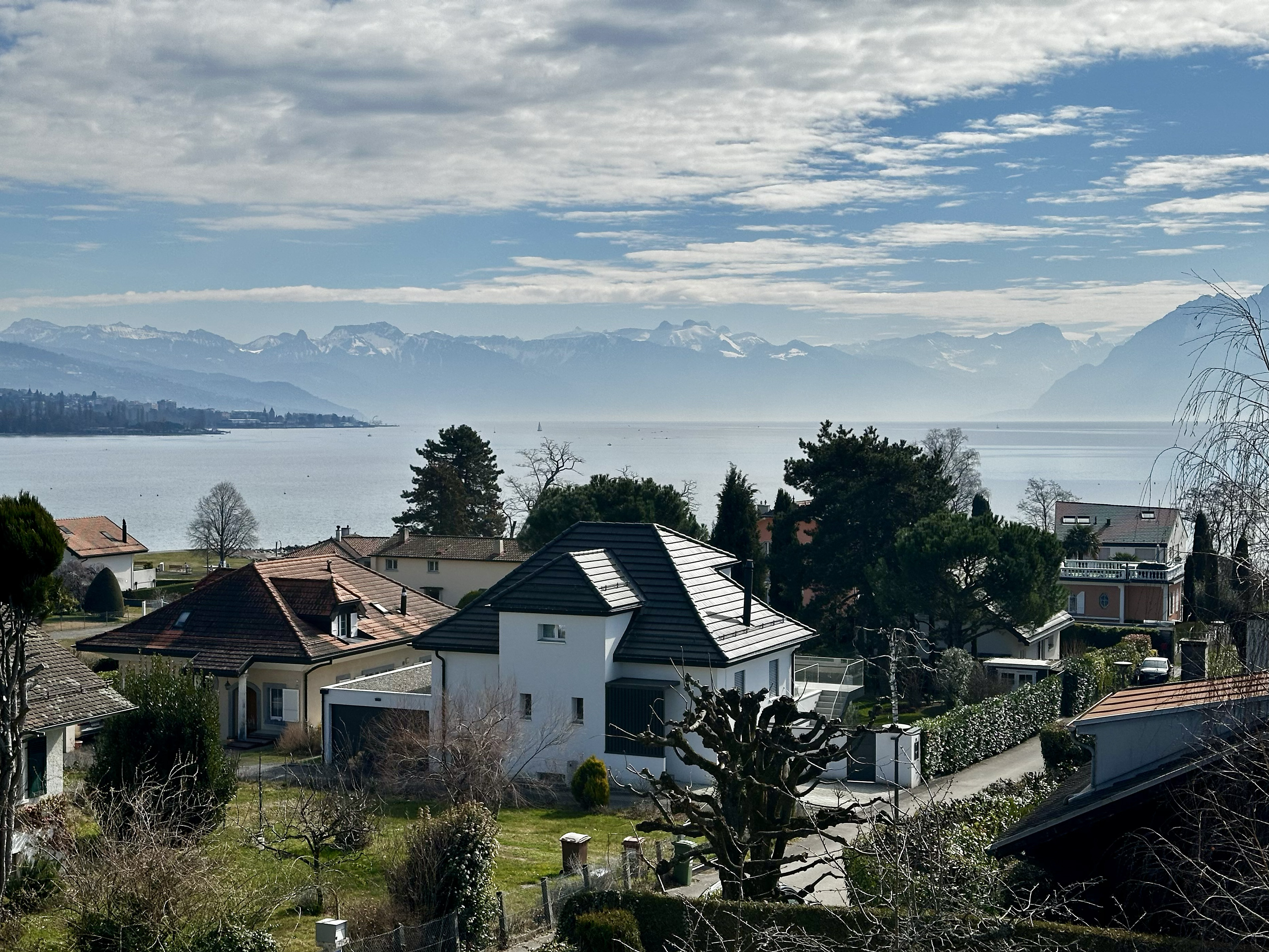In May 2023, we opened our second office in Lausanne, Switzerland, to benefit from and contribute to the region's dynamic life sciences ecosystem and advance our mission to solve all disease. The campus of the Swiss Federal Technology Institute of Lausanne (EPFL) became our first home base, surrounded by world-leading tech talent. Since then, we’ve expanded and relocated to our new home in Flon, the bustling innovation hub of Lausanne. Our work has progressed by leaps and bounds, and our team has grown – creating a unique place with exciting opportunities.
When our Chief Technology Officer, Sergei Yakneen, first approached our CEO, Demis Hassabis, about setting up Isomorphic Labs’ presence in Switzerland, he wasn't just pitching a location – he was advocating for an entire ecosystem: "I’ve lived and worked in several countries over the course of my career and I decided to come to Lausanne because of a wonderful balance that this part of Switzerland brings – personally, professionally, and culturally. It is a real heavy hitter when it comes to all things technology, medical research and life sciences, and embraces business and entrepreneurship like no other place in Europe. It is also one of the most beautiful and culturally-rich places in the world – home to countless mountains, lakes, and the world-famous Montreux Jazz Festival."
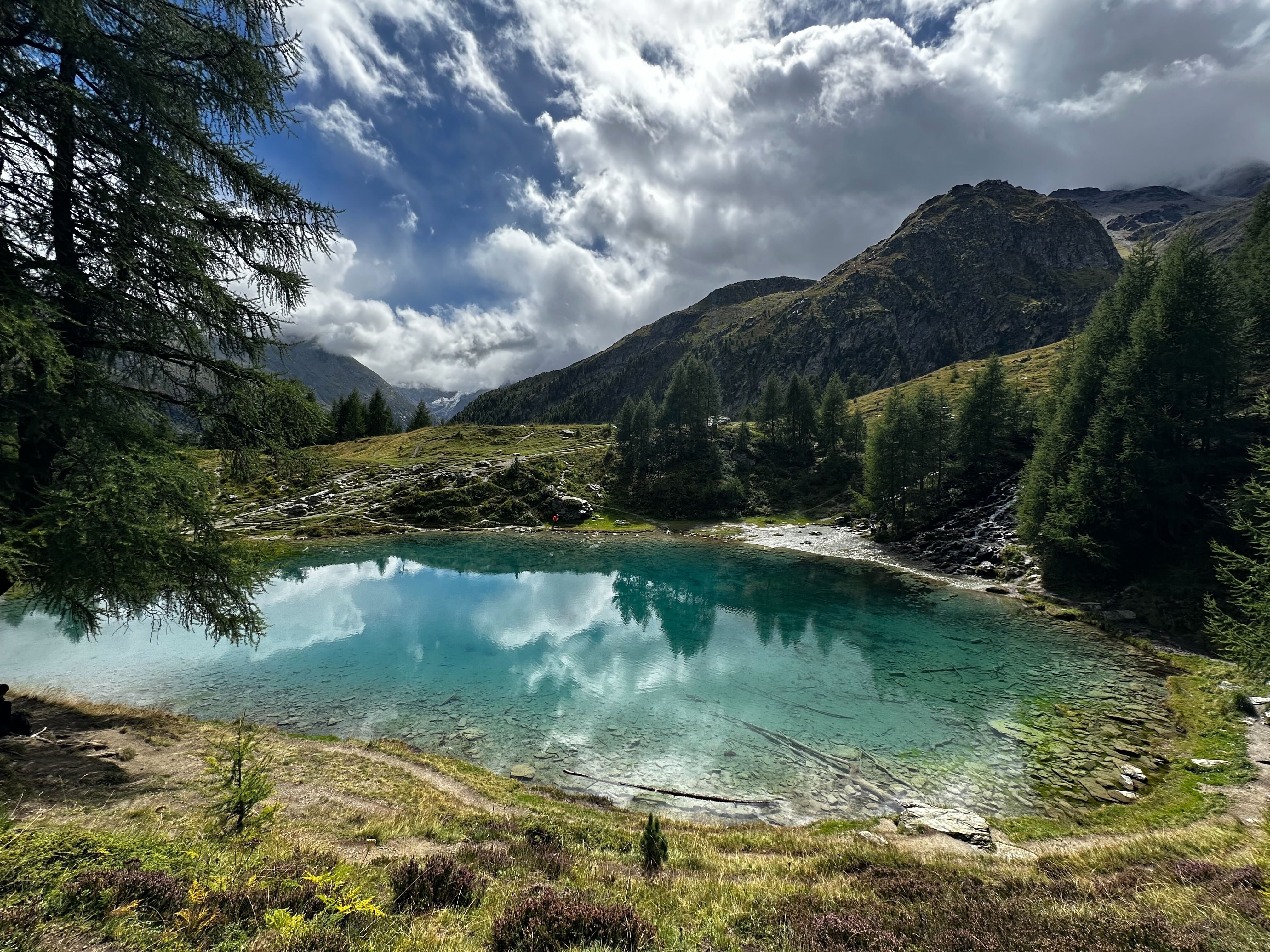
“Early on things were very much in do-it-yourself mode at our Swiss office. Our wonderful workplace team flew in from our headquarters in London to get us all started, and we all piled in together, assembling a bit of furniture or driving off to the garden centre to buy some plants and other supplies. Much of our work happens inside computers, modelling molecules, chemical reactions, or biological processes – it can be quite abstract, and this was a great opportunity to roll up our sleeves and quite literally build a part of the company, it really bonded us”, he recalls. Our rapidly growing team in central Lausanne, has continued to maintain its agile, startup culture, operating across disciplines, pushing forward our mission to solve all disease.
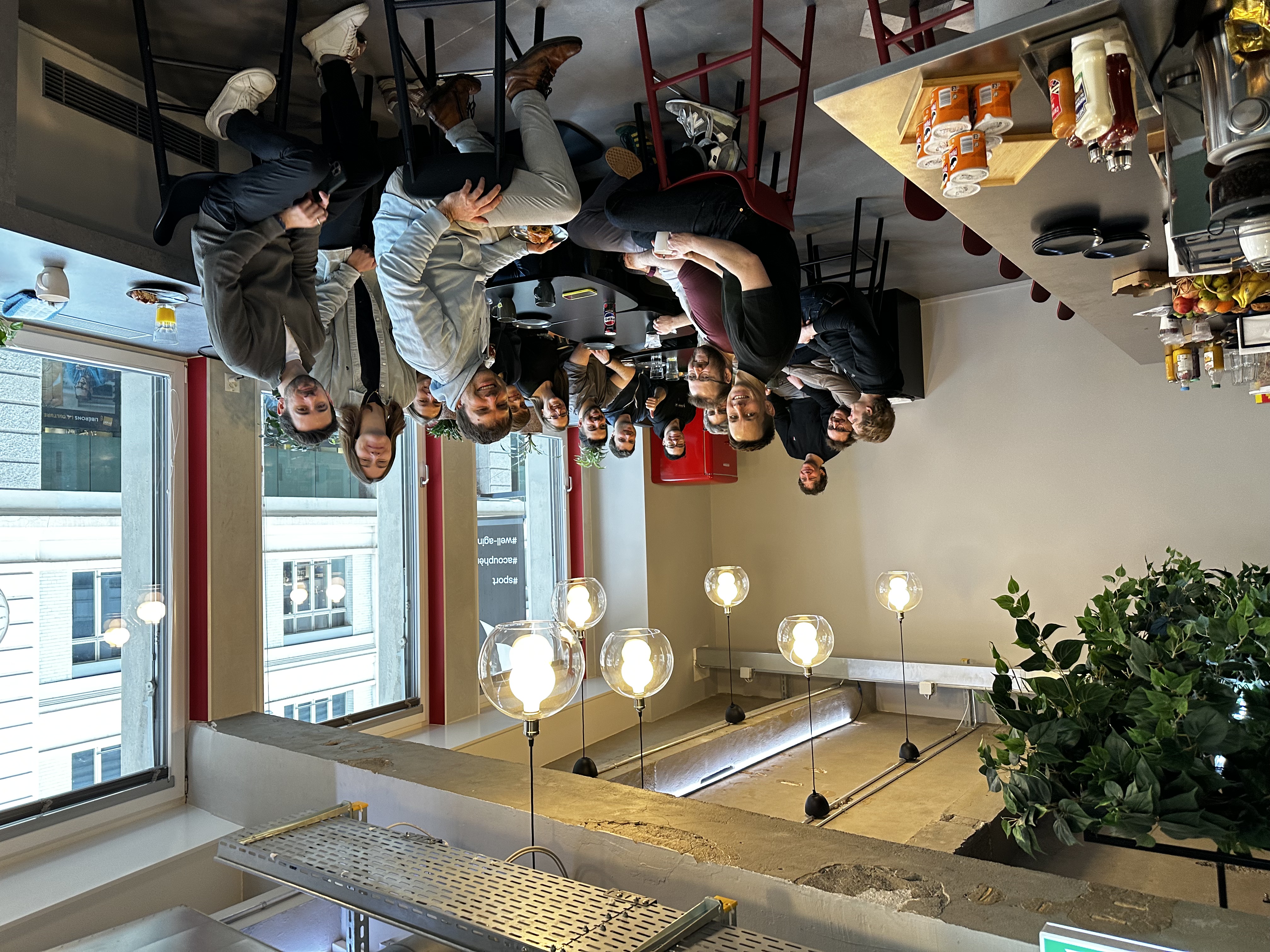
The team in Lausanne is composed of data engineers, machine learning researchers, computational biologists, software engineers and others, all working in close collaboration.
Emanuel Schmid Siegert, Research Leader in Computational Biology, provides computational biology research for projects on our partnered programs with Eli Lilly and Novartis. “There is a strong iterative process to our work, as experimental tools are developed and immediately tested. There is a very natural engagement between the engineering side, the data ingestion, the biology, and chemistry."
The office is full of talent from different backgrounds, and collaboration is a constant. Leslie O'Bray, our first machine learning research scientist in Lausanne, works on predicting how potential drugs interact with the human body, focusing on modeling toxicity and metabolic characteristics. “It’s really incredible to have so much domain knowledge embedded in your team. Everyone is aware of what's going on and shares really important insights.”
“We always have a chemist in our meetings, and this is hugely helpful when working on a model. If something is not quite as we expected, they will always point it out. It makes the process much more efficient”, she reflects.
The interdisciplinary nature creates unique learning opportunities too. "We have top experts in things like molecular dynamics just sitting right here, and you can just ask them silly questions over lunch”, our Director of Data Engineering, Julien Herzen laughs. Everyone is willing to share their experience and expertise, “I don’t think you can find another place where you can go deep into a discussion on protein modelling over a simple chat”, he adds.
Team members in London and Lausanne regularly collaborate with each other, co-hosting meetings across locations to ensure inclusivity – it is a truly integrated global operation. “People are always mindful of the Lausanne team. I did worry that because we were a smaller team, we could be forgotten, but that’s never been the case,” adds Julien.
“I go over to London maybe four or five times a year – it’s always nice to see my team, but we work great online too” says Anna Berezhkova, one of our software engineers. Most of Anna’s team is based in London but she sees this as an advantage: “Through Lausanne office chatter I learn about fascinating projects other colleagues are working on, and I can feed insights about what’s happening here back to my London team. Having my London team come to Lausanne is special – their reaction is always just 'wow'.”
The opportunity for teams to collaborate across exciting locations continues to grow as Iso’s team expands into the U.S. Whilst the majority of our Executive Leadership Team is anchored in our London headquarters, our global footprint is powered by key leaders in major innovation hubs. Our CTO, Sergei, holds the fort as our sole executive in Switzerland, while our Chief Medical Officer, Ben Wolf is spearheading building our clinical team in Cambridge, Massachusetts.
As Sergei understood when pitching the Lausanne office, the city offers an ideal balance between professional opportunities and quality of life. "Lausanne is so attractive as a city and as a place to work," says Emanuel, who initially planned to leave Lausanne after his PhD but stayed due to the professional opportunities and lifestyle the location offered. "There are lots of expats in the Riviera area. People speak a multitude of languages, and it is very multicultural," he explains.
The outdoor lifestyle and work-life balance are major draws too. Julien, who was born in Lausanne and later returned after a career elsewhere, appreciates the family-friendly environment: "I have two young kids, and Lausanne is a great place for a family. We live not far from the lake, and the closest good ski resorts are maybe an hour away."
The team often participate in company activities outside the office, with Leslie organising a ski trip for the team earlier this year. “I think the type of people who live in Switzerland are often people who have to be close to nature. It’s great that here you have such an incredible professional opportunity, and you are so close to the outdoors. It’s just wonderful,” she says.
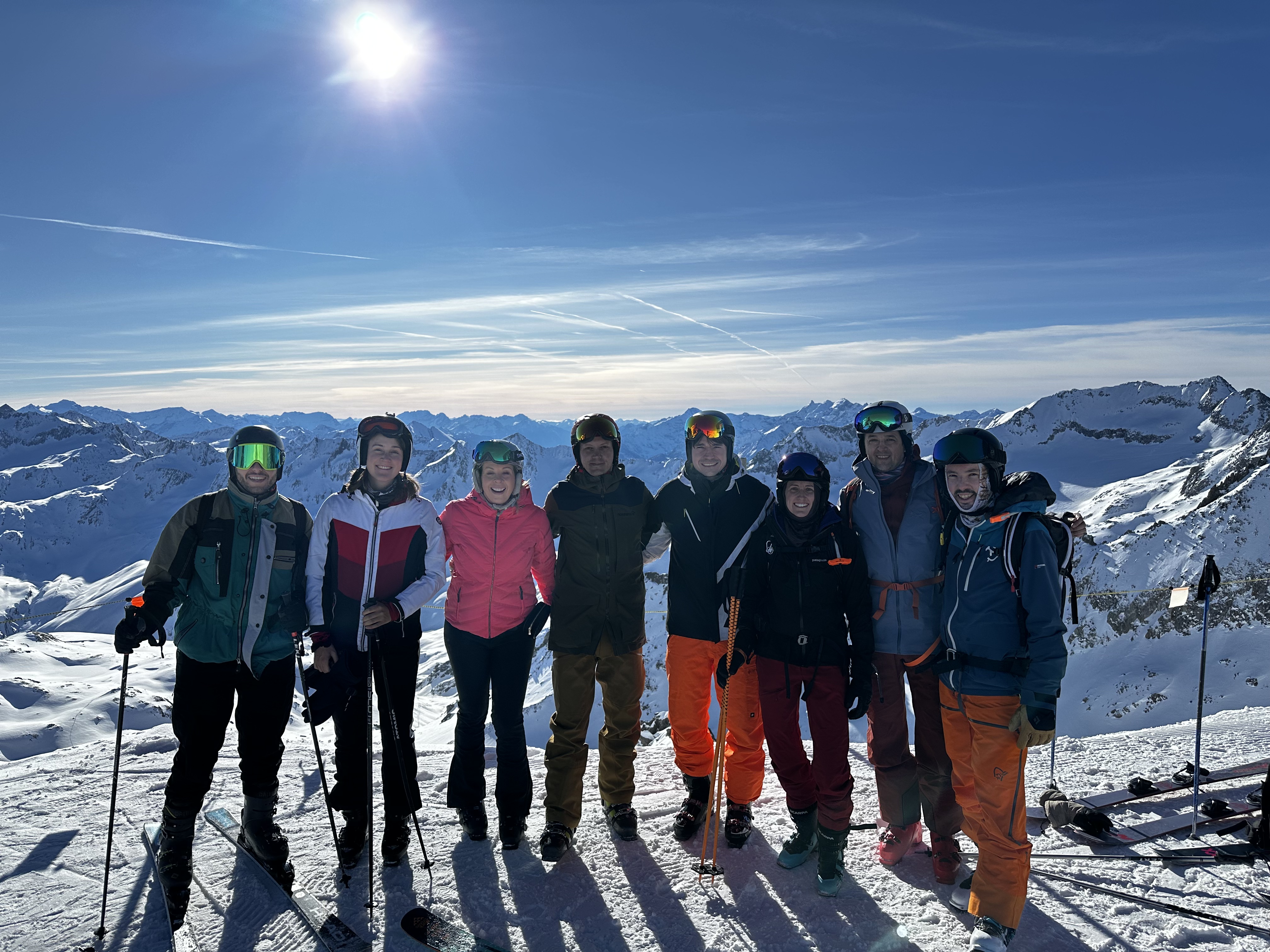
Set in an idyllic location, Lausanne sits on the shores of Lake Geneva, criss-crossed by sailboats and steamboats ferrying passengers between lakeside towns on the Swiss and French sides of the Riviera. The vineyards of Lavaux flank Lausanne to the east. Snowy Mont Blanc and the alps rise and rest in the distance to the south. The cultural life of the region is vibrant, bustling with music festivals, museums, professional sporting events, and more.
Lausanne is also one of the most central locations for reaching other places in Europe where one can be in Paris or Milan in under four hours by train, or on the Mediterranean coast of Provence in under six hours by car.
Sergei emphasises that “being integrated into the fabric of the community in Lausanne” is vital. “We value the local expertise as well as the truly global footprint our location offers. We take an active part in nurturing the local AI ecosystem, supporting local conferences and student events, but also attract some of the world’s top technical and scientific talent to the region”.
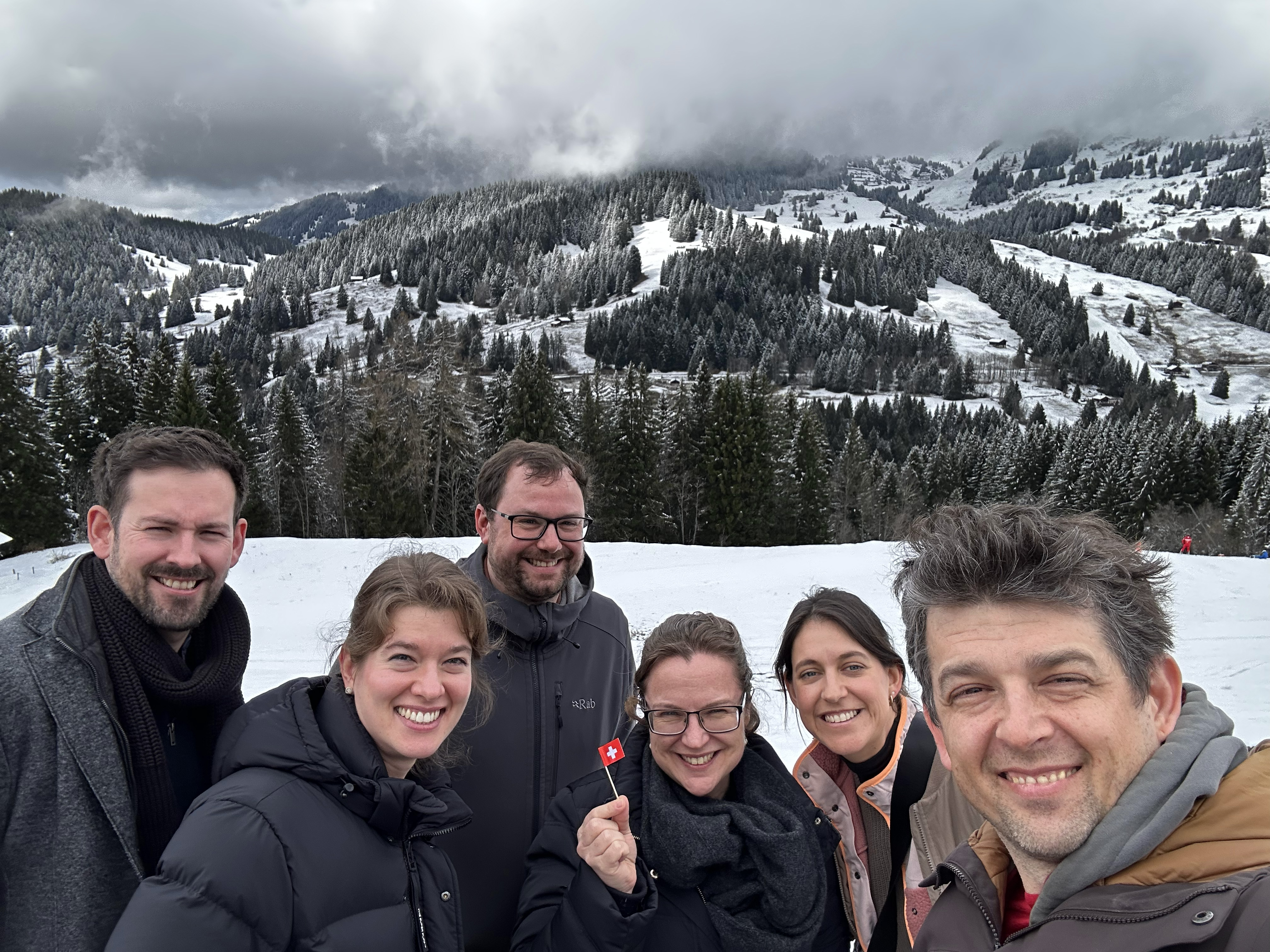
The office’s growth reflects both the team’s success and Isomorphic Labs' broader progress. Looking ahead, we aim to expand scientific disciplines in Lausanne building on the region’s excellent base of life science and healthcare research both in the industry and academia, including institutions and partners like the EPFL, UNIL, UNIGE, ETHZ, SIB, among others.
“Iso is looking for the highest calibre of talent in AI, engineering, chemistry, biology, and medical research. We want them to work together and focus their energy on helping us fulfill our mission to solve all disease," Sergei explains. "We have a very integrated culture where we create integrative and transversal teams bringing expertise across disciplines to solve the most difficult drug design challenges in an innovative way."
You should be prepared to “work hard and quickly adapt to change and navigate ambiguity,” as Emanuel puts it, but also be fully open-minded and really willing to learn from other disciplines. “Being proactive with a bias towards action is very helpful,” adds Leslie.
What drives the team is the potential for real-world impact. "Imagine if you work as hard as you can – would the world become a bit better or worse? I believe with Iso it's definitely better,” Anna concludes.
For those considering joining us, Julien recommends that you “Come as you are. Don't be intimidated or afraid to ask silly questions,” and Anna’s advice is simple –"Just go for it. It's worth it."
You can find out more about our current opportunities here.
